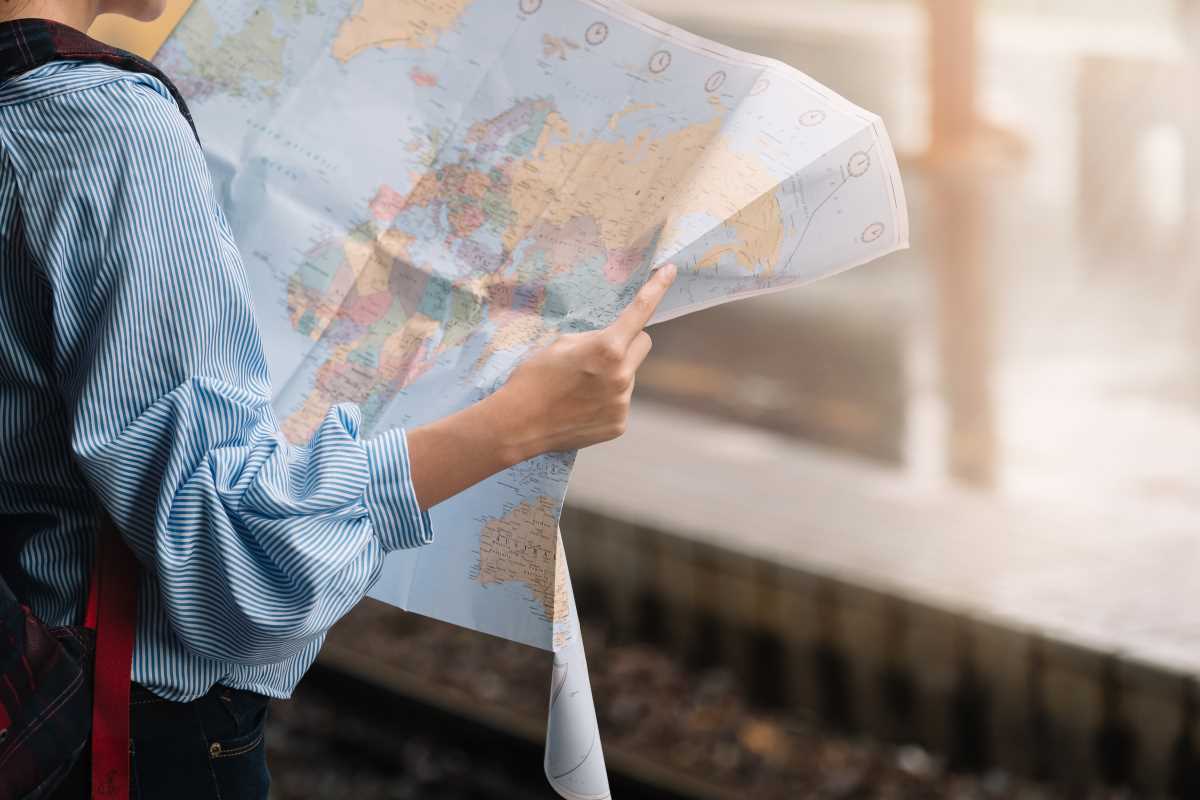Traveling to unfamiliar destinations can be one of the most exhilarating experiences in life. The thrill of exploring new cultures, tasting different cuisines, and meeting diverse people can create unforgettable memories. However, it's essential to prioritize safety during your adventures. Here are some comprehensive tips to help you stay safe while enjoying your travels.
Research Before You Go
Before embarking on your journey, dedicating time to research your destination is crucial. Start by learning about the local customs and culture, as this understanding can enhance your travel experience and ensure you respect local practices. Familiarize yourself with basic phrases in the local language, as this can be invaluable when seeking assistance or directions.
Investigate potential safety concerns in the area. Websites, travel forums, and travel advisories from government sources can provide essential information regarding crime rates, political stability, and health risks. Knowing which neighborhoods are safe and which to avoid will help you navigate the area confidently once you arrive. Download offline maps and other resources in advance to ensure you have access to necessary information, even without a reliable internet connection.
Blend In
One effective way to enhance your safety while traveling is to blend in with the locals. Tourists can often attract unwanted attention, so minimizing this can be beneficial. Avoid wearing flashy jewelry or expensive clothing that could signal wealth. Instead, opt for modest clothing that reflects local fashion styles. This approach not only helps you avoid becoming a target for thieves but also shows respect for the culture you’re visiting.
Observe how locals behave and follow their lead in public spaces. If you're in a country where modest dress is expected, adapt your wardrobe accordingly. Be mindful of local customs, such as dining etiquette or social norms, as this can help you fit in and interact more positively with locals.
Stay Connected
Maintaining communication with friends or family back home is vital while exploring unfamiliar destinations. Share your travel itinerary, including accommodation details and planned activities, with someone you trust. Regular check-ins can ensure someone knows your whereabouts, providing an extra layer of security.
Consider using a local SIM card or portable Wi-Fi device to stay connected while on the go. This access can be invaluable for navigation, emergency contacts, or safety apps. Furthermore, using messaging apps can help you keep in touch without incurring hefty international roaming charges.
Use Trusted Transportation
Transportation safety is a crucial aspect of traveling. Whether taking a taxi, using a ride-sharing service, or relying on public transportation, always prioritize reputable and licensed options. Research local transportation services before your trip to identify trustworthy providers.
If you need to take a taxi, look for ones that are officially marked and use meters. In many cities, ride-sharing apps provide an added layer of safety, as they often track your route and allow you to share ride details with friends. Avoid accepting rides from strangers or unmarked vehicles, especially late at night, as this can increase the risk of encountering unsafe situations.
When using public transportation, familiarize yourself with the schedules and routes in advance. If possible, travel during busier times to ensure a more secure experience. Keep an eye on your belongings, as crowded places can be hotspots for pickpockets.
Trust Your Instincts
Your intuition can be a powerful tool while traveling. If something feels off or uncomfortable, trust your instincts and remove yourself from the situation. This may involve walking away from a conversation that feels inappropriate or leaving an area that seems unsafe.
Be cautious when interacting with strangers. While many locals are friendly and willing to help, it's important to maintain a level of caution. If someone seems overly persistent or pushy, it’s okay to decline their offers for assistance or guidance politely. If you ever feel threatened or unsafe, seek help from local authorities or trusted individuals.
Prepare for Emergencies
Preparation is key when it comes to ensuring your safety while traveling. Before your trip, compile a list of essential emergency contacts, including local police, ambulance services, and the nearest embassy or consulate. Having this information readily available can save time in stressful situations.
It's also wise to carry copies of important documents, such as your passport, travel insurance information, and any medical prescriptions. Keep these copies separate from the originals to mitigate loss or theft risks. Consider enrolling in a travel safety program or downloading safety apps that provide real-time alerts, safety tips, and assistance during emergencies.
Familiarize yourself with emergency procedures specific to your destination. This may include knowing the location of the nearest hospital or understanding local emergency response protocols. Being informed can empower you to act quickly and effectively in unexpected situations.
Stay Aware of Your Surroundings
Staying aware of your surroundings is fundamental to ensuring your safety. When exploring a new destination, take a moment to observe the environment. Pay attention to the people around you, the local traffic patterns, and any unusual behaviors. This awareness can help you identify potential risks before they escalate.
When using your phone for navigation or photos, be cautious about how much attention you draw to yourself. Avoid using your phone in crowded areas, as this can make you vulnerable to theft. Instead, try to find a quieter place to check directions or take a picture.
If you're exploring at night, stick to well-lit areas and avoid walking alone in isolated places. Trust your instincts about safety, and if you feel uneasy, consider using a ride-sharing service or public transportation to get back to your accommodation.
Be Mindful of Your Belongings
Keeping your belongings secure is crucial to having a safe travel experience. Use anti-theft bags or purses that have locking mechanisms or hidden zippers. These can be particularly useful in crowded areas or tourist hotspots where pickpockets may operate. Always keep an eye on your belongings, especially in busy markets or public transportation.
Consider using a money belt or hidden pouch for valuables such as your passport, credit cards, and cash. Wearing these items close to your body can minimize the risk of theft. When dining out or sitting in public places, never leave your belongings unattended, even for a moment. Make it a habit to secure your items before stepping away from the table or bench.
Engage with Trusted Local Guides
If you’re unsure about exploring a destination on your own, consider hiring a trusted local guide. Local guides can provide valuable insights, help you navigate the area, and introduce you to hidden gems that may not be in travel guides. Look for guides who are certified and have good reviews from previous travelers.
Engaging with a local guide can also enhance your understanding of the culture and history of the area, making your experience more enriching. If you're in a group, ensure that the guide is aware of any specific needs or concerns so they can tailor the experience to your group.
Limit Alcohol Consumption
While enjoying a drink is a common part of many travel experiences, it's essential to consume alcohol responsibly, especially in unfamiliar environments. Excessive alcohol can impair your judgment and make you more vulnerable to risky situations.
If you're out at a bar or restaurant, keep an eye on your drink at all times, and never accept beverages from strangers. If you’re traveling in a new area, consider limiting alcohol consumption so you can remain alert and aware of your surroundings.
 (Image source: Inuvo / DSR)
(Image source: Inuvo / DSR) 



.jpg)

